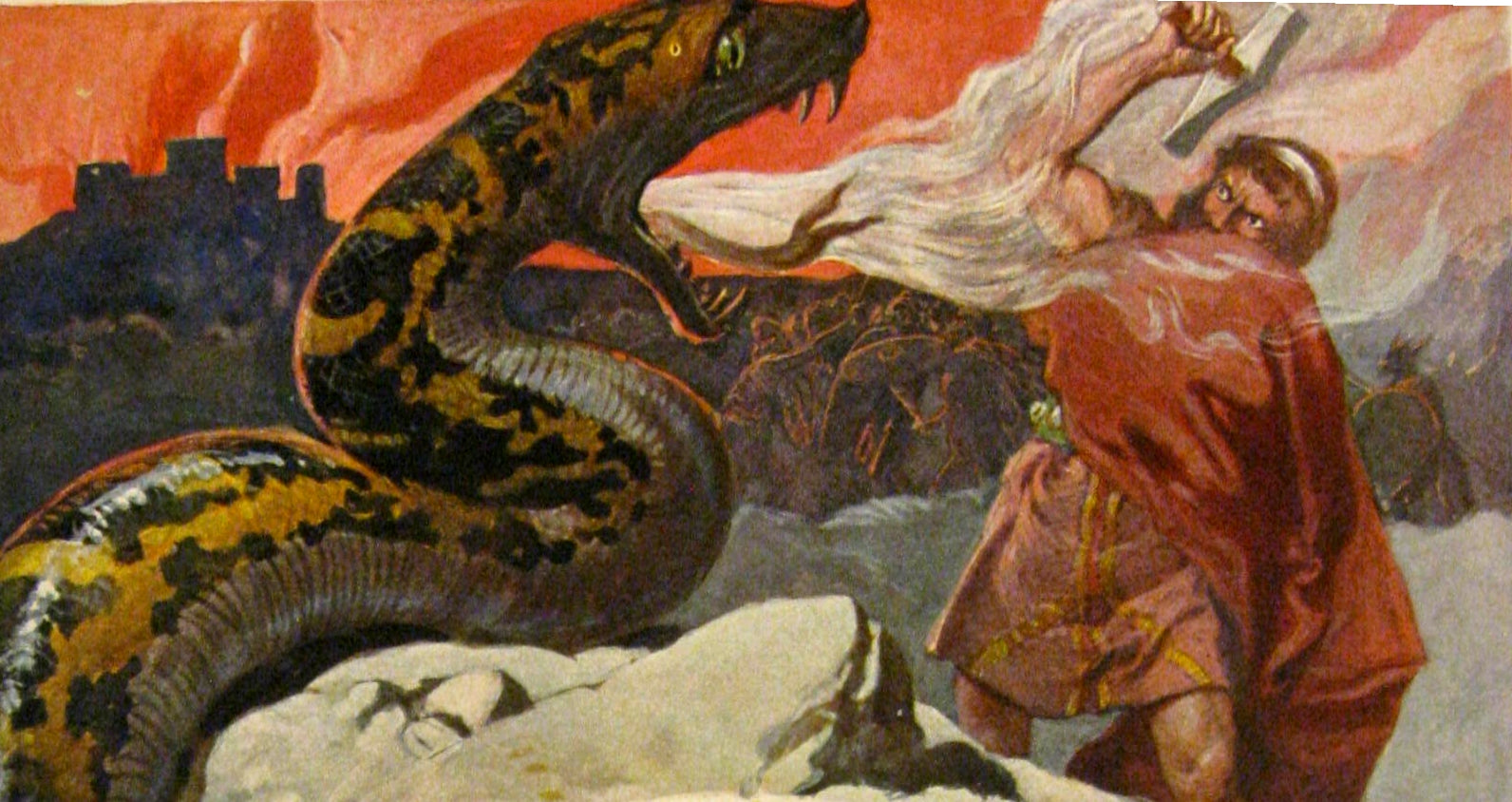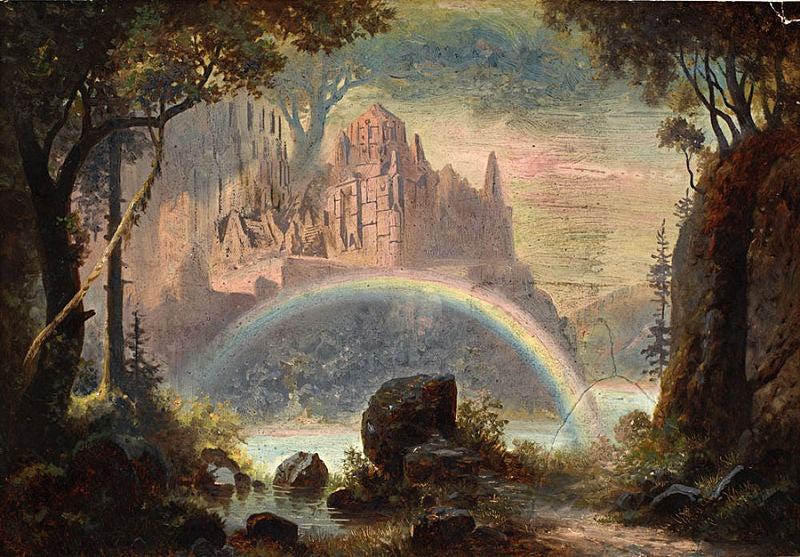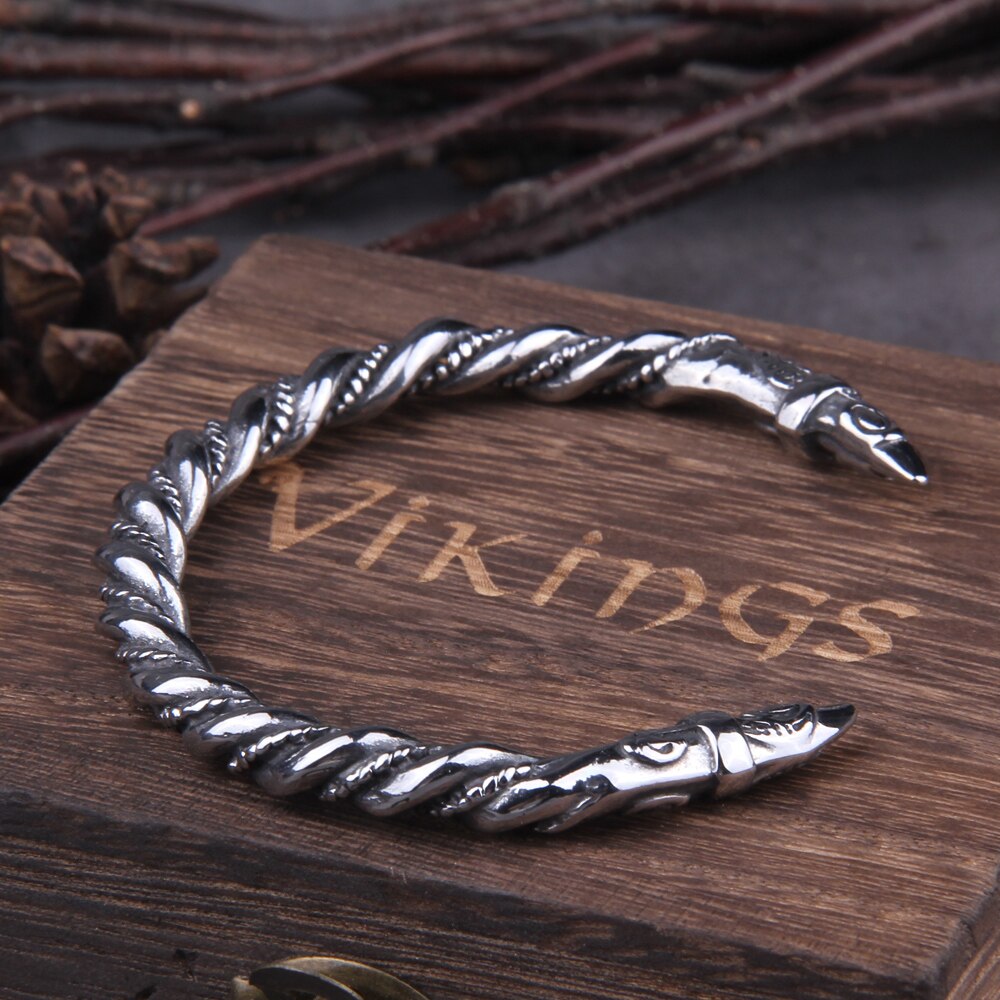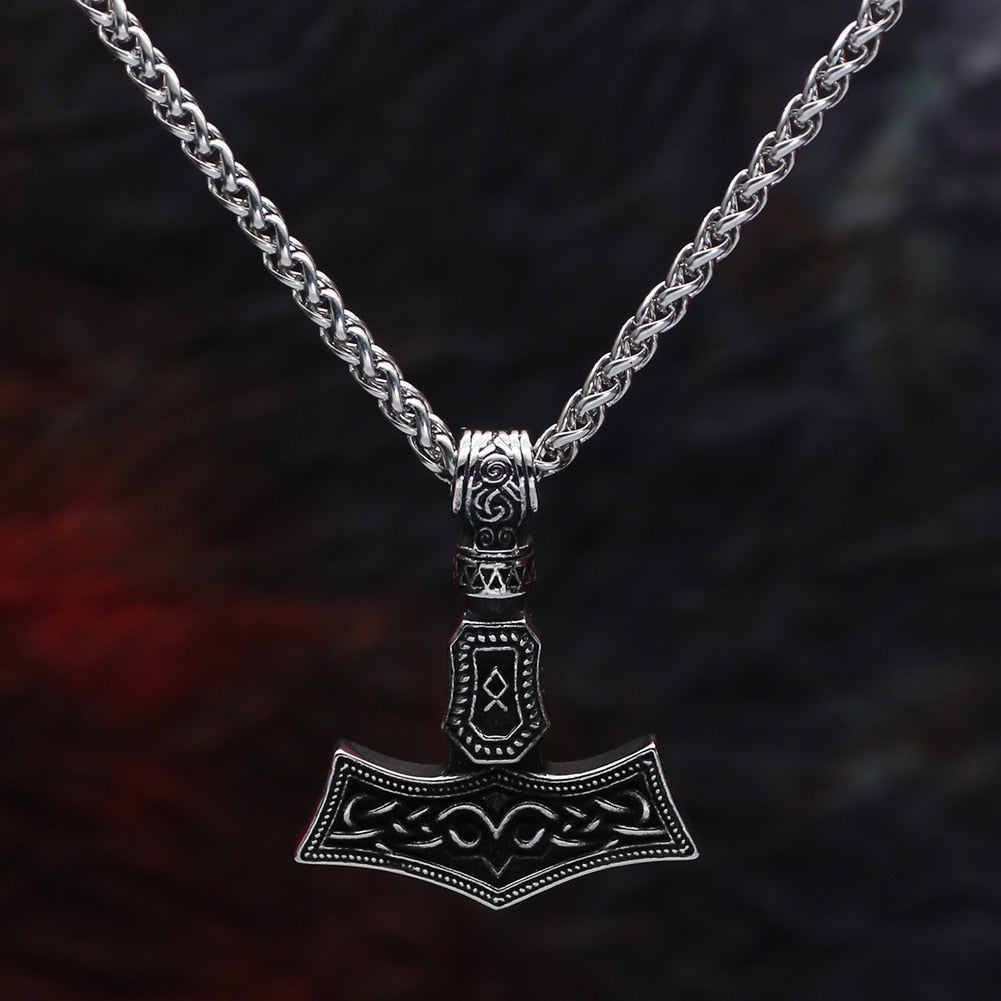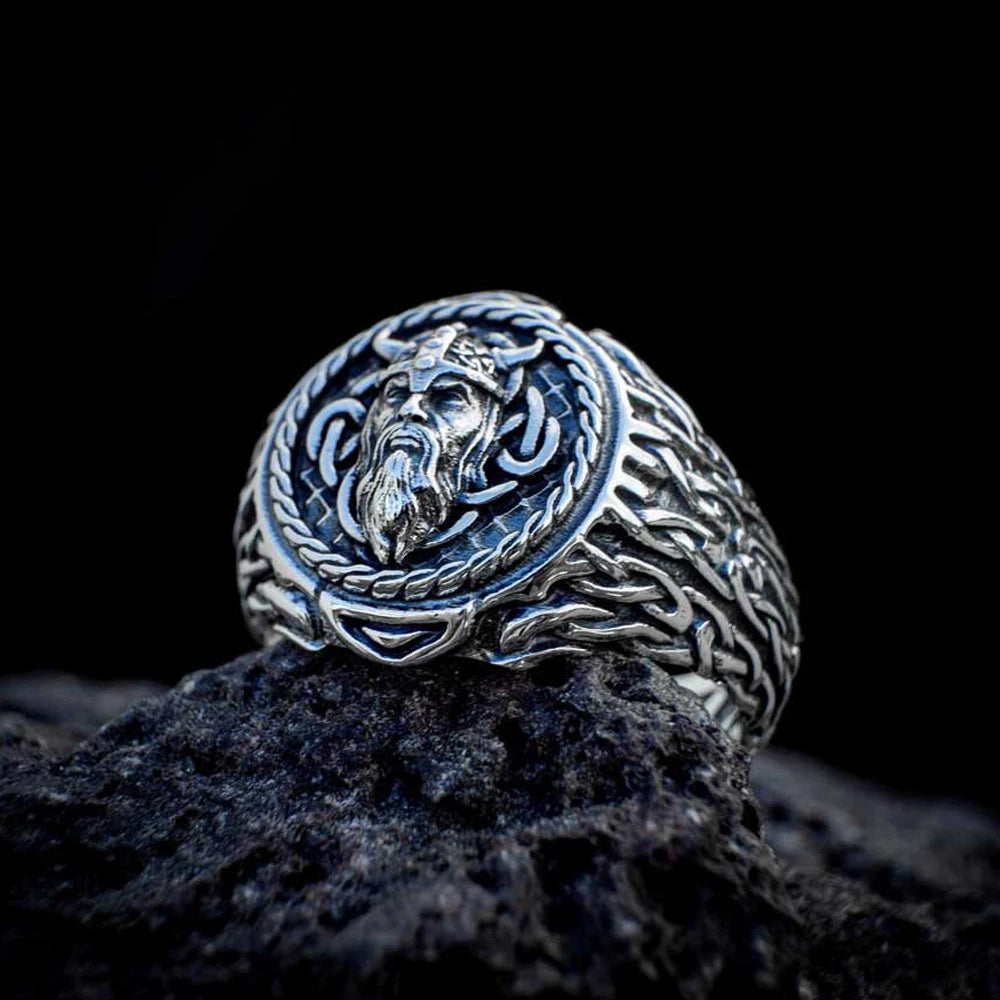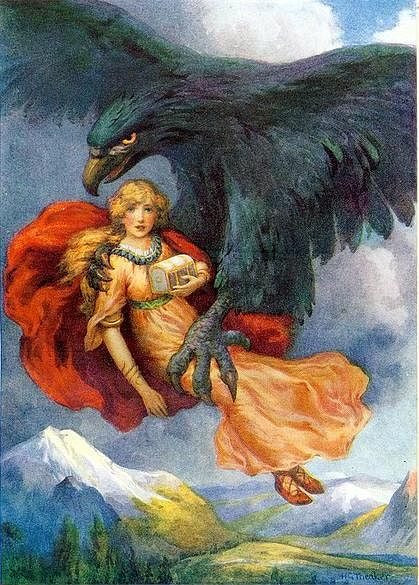
Norse Gods' Fountain of Youth: Idun's Enchanted Apples
In Norse mythology, the deities do not possess traditional immortality; they experience aging and mortality. Nevertheless, they employ a means to counteract the aging process and maintain their youthful vigor. This is where the figure known as Idun, sometimes referred to as Idunn or Iduna, becomes significant.
Idun serves as the goddess associated with spring and rejuvenation. She safeguards the enchanted apples of immortality, which the gods must partake in to retain their youthfulness. When Loki, the mischievous deity, managed to abduct Idun along with her precious apples, the gods promptly began to exhibit signs of aging. In response, they compelled Loki to rescue Idun. He accomplished this by assuming the form of a falcon, transforming Idun into a nut (or, according to some accounts, a sparrow), and carrying her away in his talons.
These magical apples that Idun possesses are no ordinary fruits; they possess enchantments that can reverse the aging process. Whenever the Norse gods began to experience the effects of aging, Idun would rejuvenate them with her apples. Without access to these apples, the gods would undergo rapid aging and encounter physical ailments.
Interestingly, scholars of Norse mythology engage in debates regarding the exact nature of this food. While "apple" is a common English translation, it is sometimes translated as "fruit" or "nuts" in other contexts. The crux of the narrative lies not in the food's identity but rather in its remarkable rejuvenating capabilities.
In essence, Norse deities, despite their extraordinary abilities, do not possess immortality in the conventional sense. Their enduring vitality hinges on their regular consumption of Idun's enchanted golden apples. This distinctive facet of Norse mythology underscores their perception of life as cyclical and marked by eternal rejuvenation.
